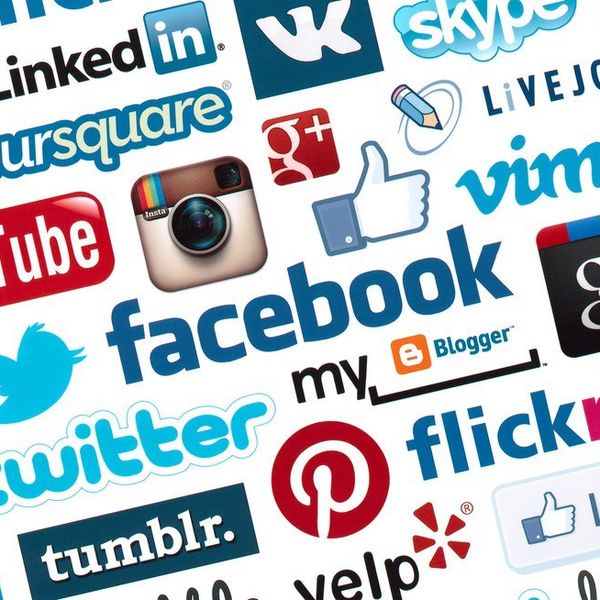By now, I’m sure that every millennial has heard that we are disconnected from the world around us. We’ve been swept up by social media and most millennials are quick to defend it. Granted, while social media is great, it can also be detrimental to our lives. The Facebook phenomenon has given us strong friendships, a boost in self-esteem, and the expulsion of loneliness. But, Facebook has given us trust issues, depression, and gullibility
There’s no doubt that we are a connected generation and this is not terrible at all. I’m able to connect with, and keep up with people that I normally wouldn’t be able to. Facebook has given us the opportunity to grow our relationships and become one connected community. Unfortunately, Facebook has also caused us to compare ourselves to our friends. We see how “perfect” someone else’s life is and it has shown to instigate depression. As we log on, we compare our own lives to that of other people and it might have us believe that our lives are not as “good” as someone else’s. The truth is, success is measured by you, not a compare and contrast chart.
Despite popular belief, our self-esteem is actually boosted through Facebook. The website, Everyday Health, stated a Cornell University study found that,
“The very act of posting something about yourself — regardless of what you write — can boost your self-confidence because you control the image you present to your network of friends”.
But, is this healthy? Yes, a boost in self-esteem is great, but how are you getting it? We have filters for our faces, the world around us, and even our own lives. If we don’t like how something is we just cover it up and pretend like it’s perfect. We don’t admit to ourselves the real problems and we don’t seek out real help. The online world in which we live might as well have become a version of The Sims because it isn’t a real life. Our online lives are a reflection of what we wish our lives were like: a life without pain.
It doesn’t stop with the filters, though. Facebook – and all social media forms – have created a self-centered generation. We are a generation that demands instant gratification and this spills into our real world. Relationships must always make us happy and if they don’t, then what do we do? Today, more people leave relationships when they get difficult rather than work on them because it isn’t instant. We demand the high of being happy at all times. It’s this exact sense of gratification that has shifted us into the “hookup culture”, where sex is now just a pleasurable act rather than an intimate connection between two people. Now we literally swipe right or left to determine our potential matches.
Relationships probably suffer the most from social media. Trust is the biggest issue with online usage because we can track everyone. If you lie to someone, they’ll know. If you decide to read a message and not reply, they’ll know. So instead of giving full trust to our friends, family, and romantic partners, we scroll through all forms of connection to see what the other person is doing. We want to know if they lied to us, in fact, we already assume they lied to us even if they didn’t.
Today, relationships aren’t the only thing people can’t trust; we now must be wary of news. Social media has impacted the way we research and what we consider credible. It seems that if someone says something, then we think it must be true. Some people will just read the headline of a news post and then share it without reading to see what it’s about. Others will share articles from over ten years ago, thinking they are talking about today. We can’t tell one rumor from another and we have no control over what news we are seeing because these sites are catered to our interests.
So, how do we fix this, because social media is truly a fantastic thing? Connect with your surroundings and not your phone. If you are at dinner, then have dinner with the people around you. If your boyfriend/girlfriend is going out to run errands, then trust them. Stop comparing yourself to someone else because at the end of the day, the only person that determines your success is you. Let’s use Facebook to be together, but let’s also remember to live our lives. Don’t live your life on a screen; live your life in the world! It’s not about how many likes or shares you have, it’s not about instant gratification, and it’s not about proving who is right and who is wrong. Social media is meant to bring us together, not drive us apart. Let’s research things on our own, snuff out the false rumors, and post information we’ve read. Millennials don’t have a problem with being connected, we have a problem with being so connected we forget there are more people besides ourselves.





















